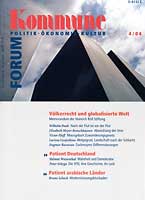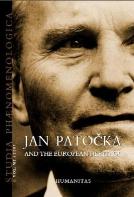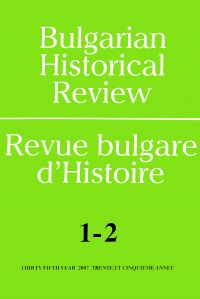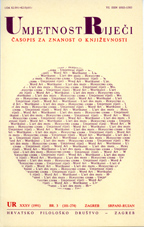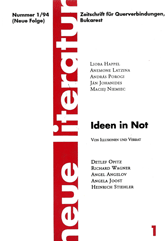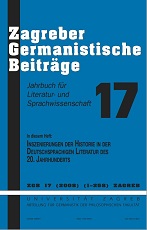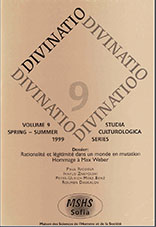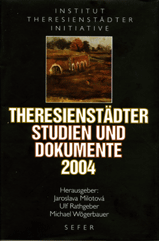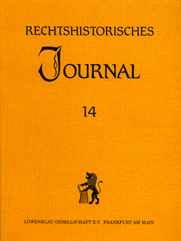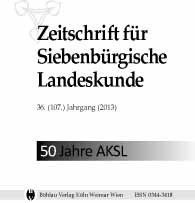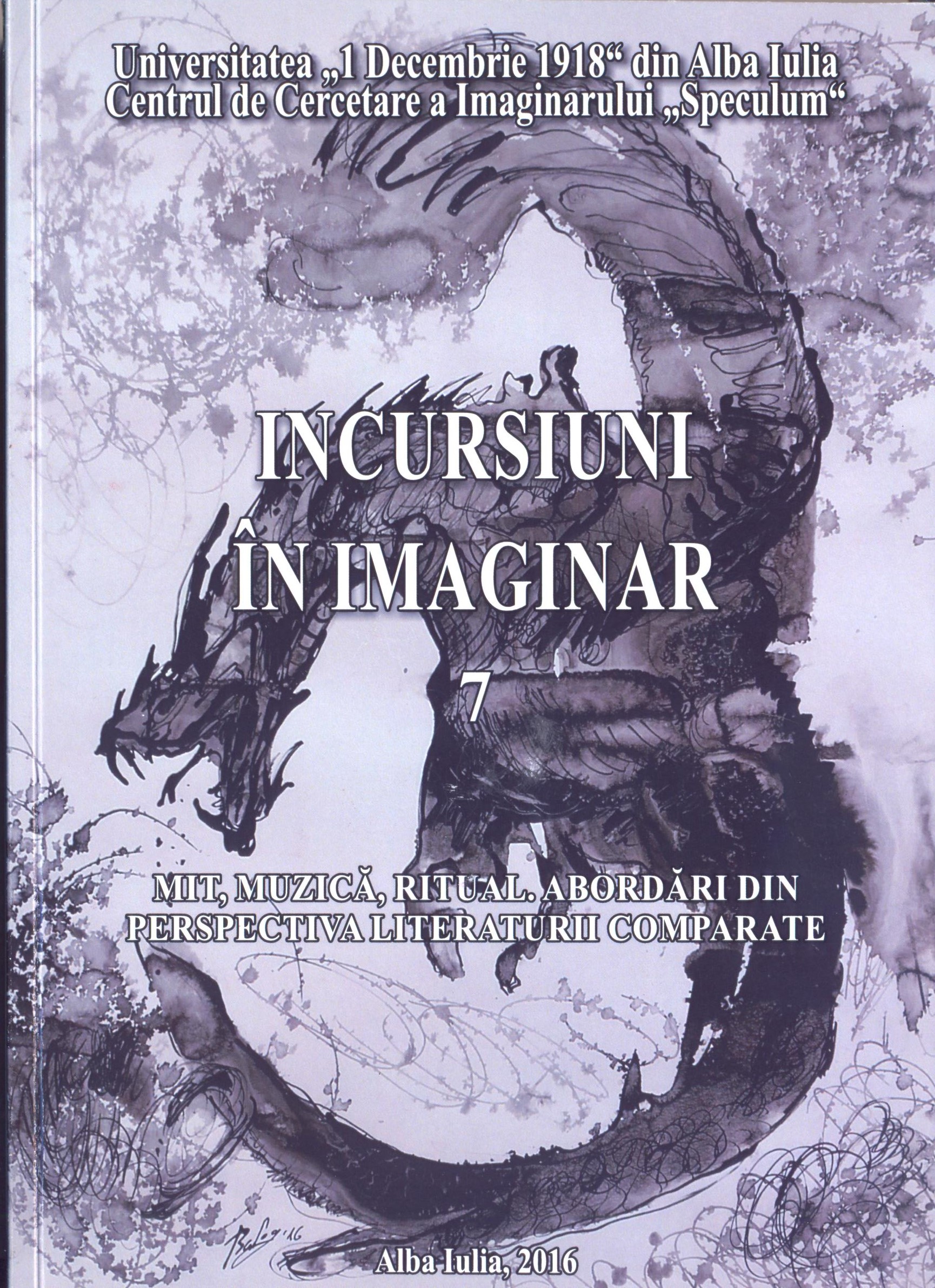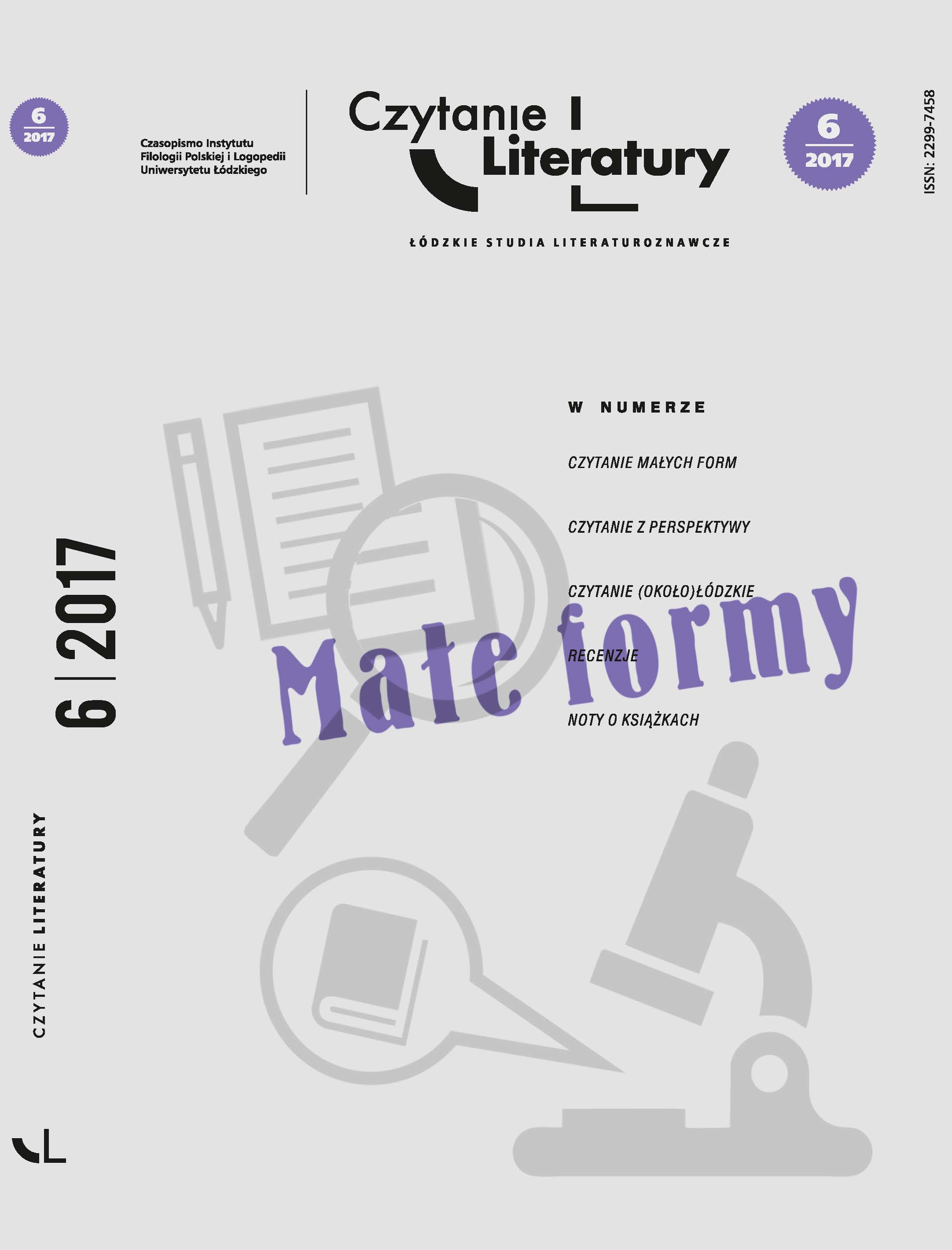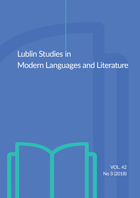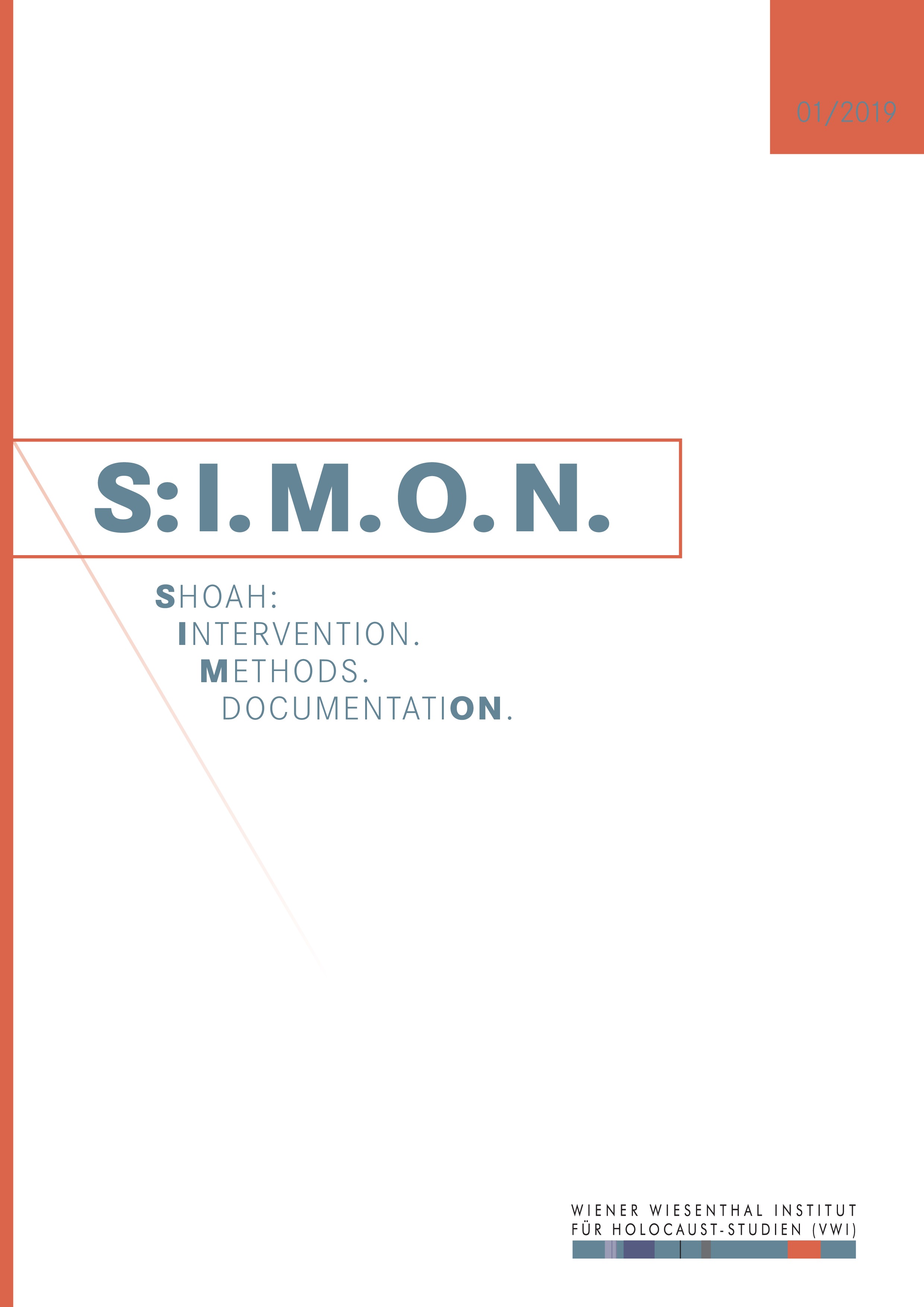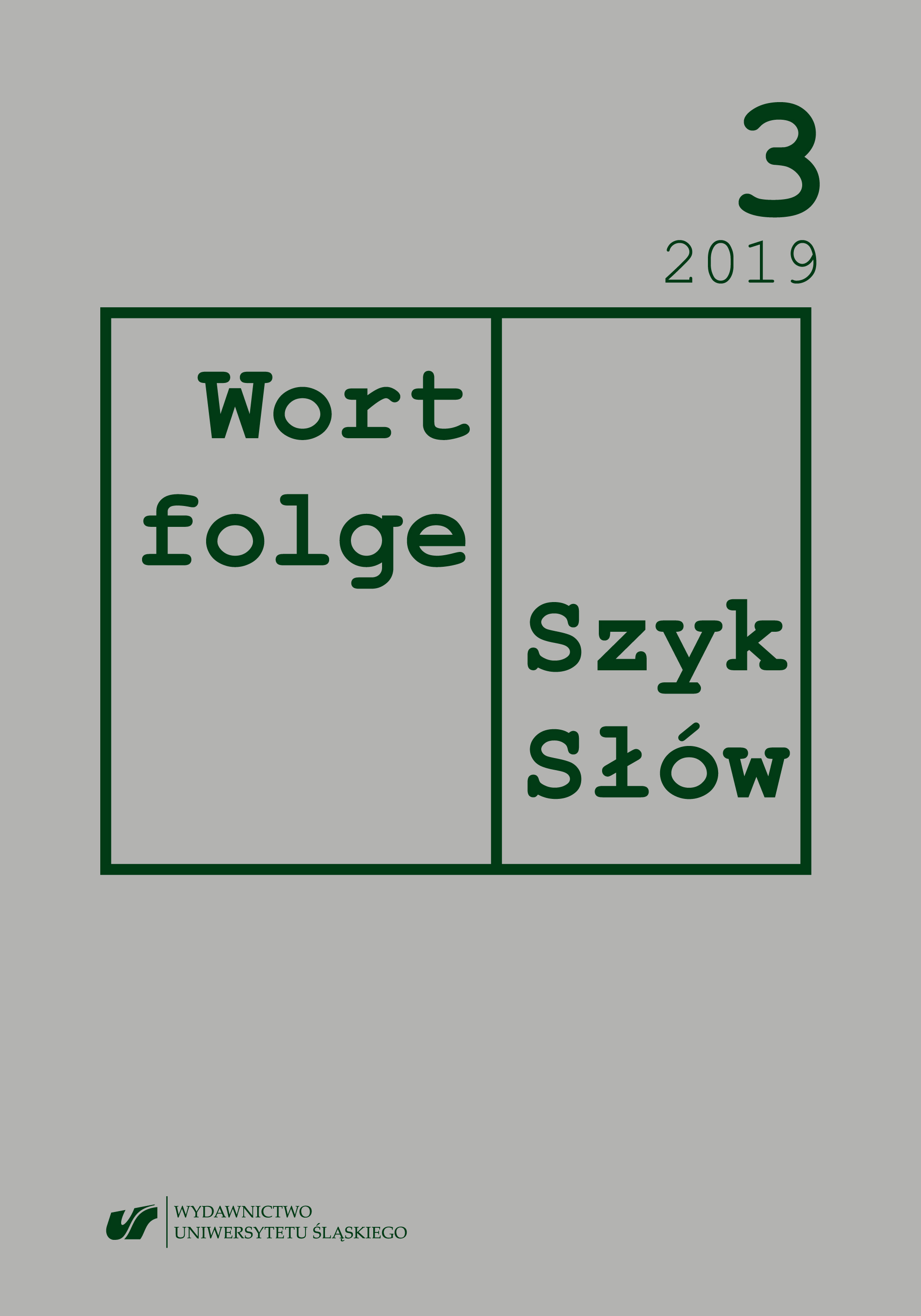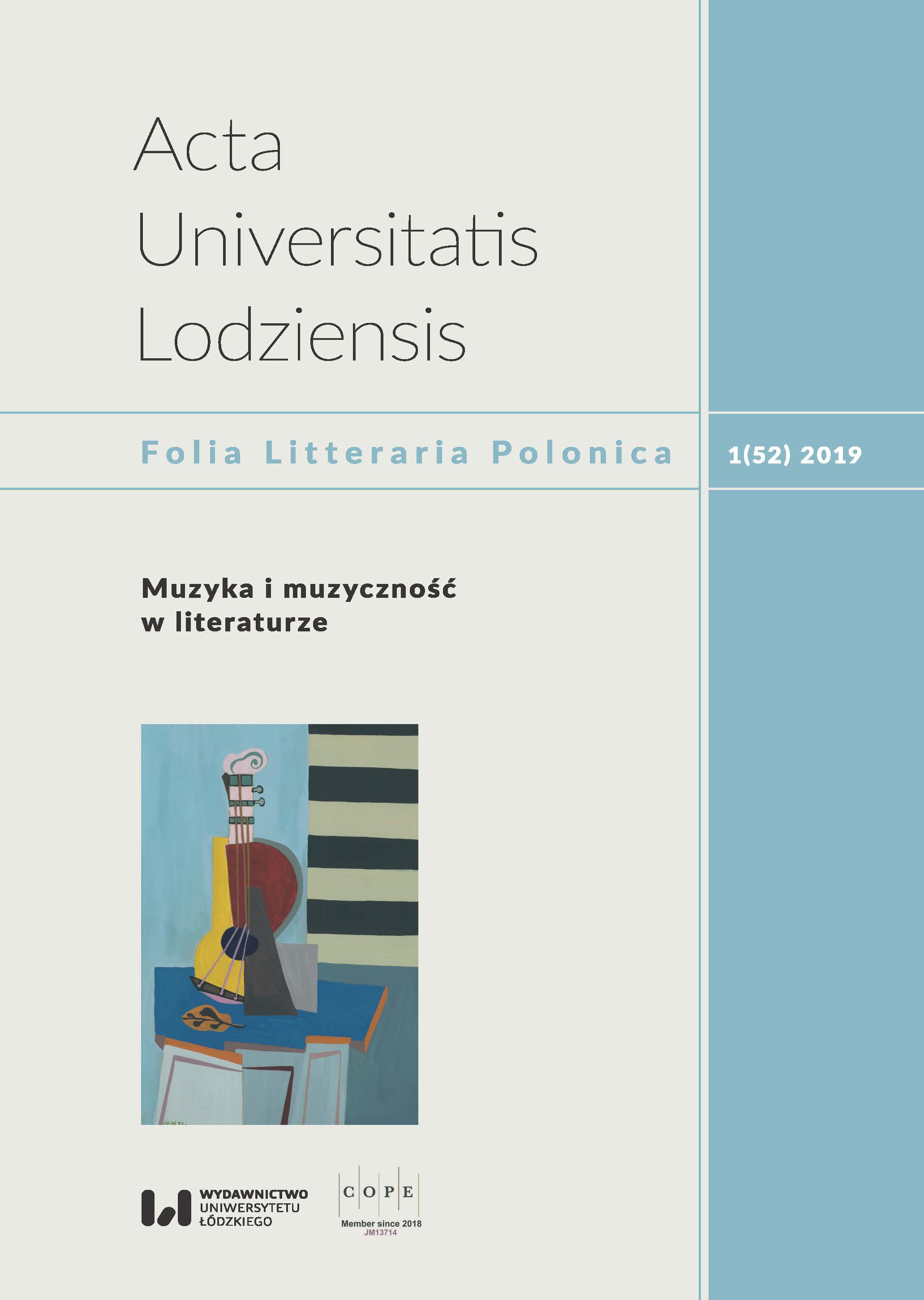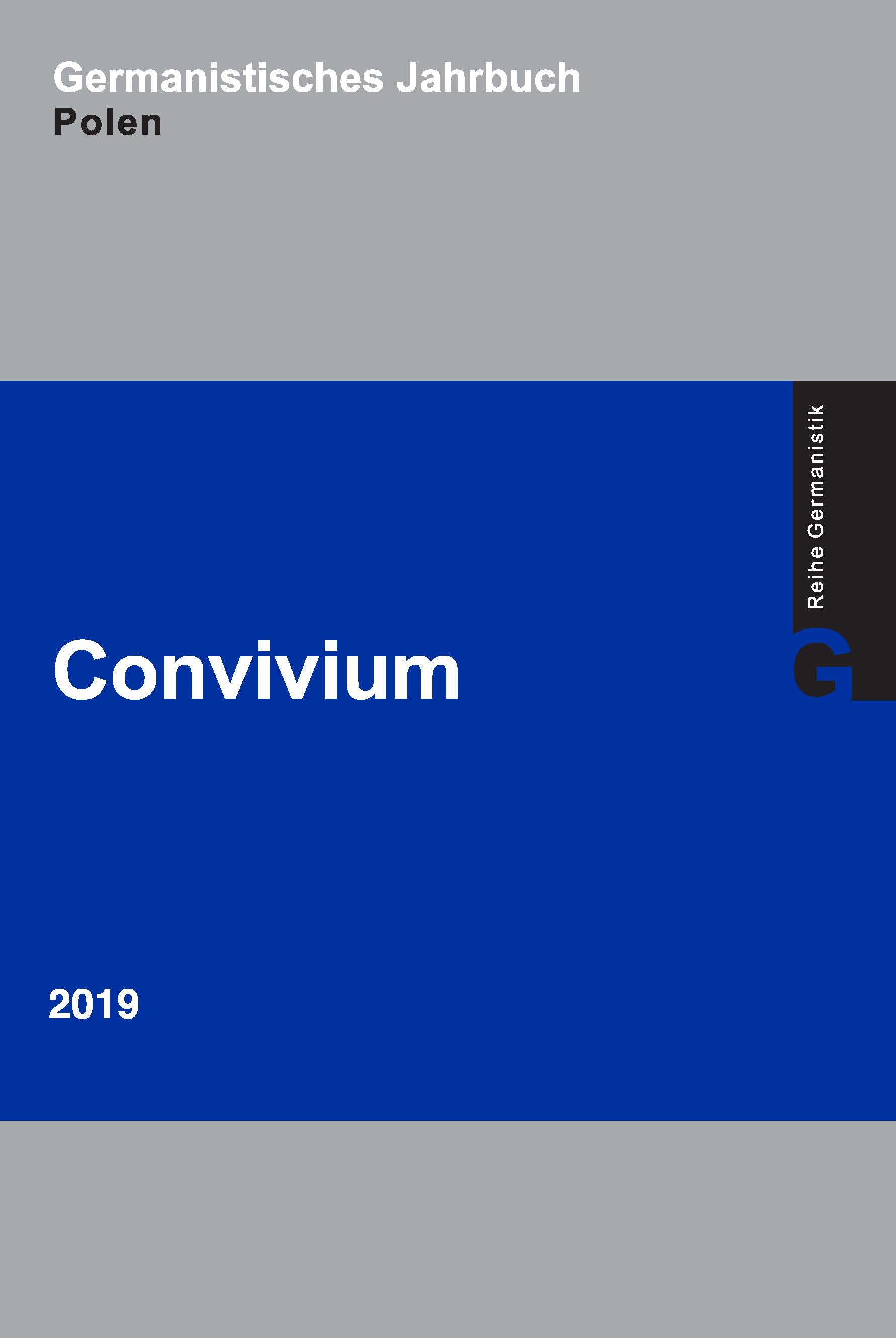Schreibszenen des Kleinen: Instrumente, Gesten, Poetiken
Author(s): Zornitza Kazalarská / Language(s): German
/ Issue: 6/2017
Keywords: Notiz; Kleine Formen; Schreibszene; Handschrift; Spätsozialismus; notatka; małe formy; scena pisania; pismo odręczne; późny socjalizm
Im Zentrum des Beitrags steht die Verflechtung der kleinen Formen mit ihren Schreibszenen im Allgemeinen, und die Mitwirkung von Schreibinstrumenten, Beschreibstoffen und körperlichen Schreibgesten an literarischen Notierpraktiken im östlichen Europa im Konkreten. Das Augenmerk der Autorin richtet sich dementsprechend auf das Notizenmachen als prozessuale Schreibpraxis mit eigener Instrumentalität und Gestik. Zum einen interessiert sich die Autorin für die Blütezeit notierenden Schreibens in der alternativen Kultur der spätsozialistischen 1970/1980er Jahre und für die wesentlichen Momente seiner Vor- und Nachgeschichte. Zum anderen benennt sie einige poetologische Implikationen, die Notierpraktiken ins Spiel bringen und die sich aus selbst- und metareflexiven Schreibszenen in literarischen Texten herauskristallisieren: Intransivität, Beweglichkeit, Beiläufigkeit, Vorläufigkeit und Exzessivität. Für Texte, die die poetologischen Dimensionen des Manuskriptartigen und Handschriftlichen aufwerten, schlägt sie schließlich die Bezeichnung „Poetik der Vorbereitung“ vor. // Głównym tematem artykułu jest analiza mikroform pisarskich opartych na notatkowych rękopisach, uwzględniająca kontekst sceny pisania, w tym szczególnie fizyczność aktu pisania, udział instrumentów piśmiennych oraz materiałów (nośników) piśmienniczych i samego fizycznego aktu pisania – w kontekście podobnej praktyki zapisu notatek literackich w Europie Wschodniej. Autorka skupia się na sporządzaniu notatek jako proceduralnej praktyce pisania z własnym instrumentarium i gestami. Przedmiotem jej zainteresowania, z jednej strony, jest okres najintensywniejszego rozwoju takich mikroform kulturze w późnosocjalistycznych lat 70. i 80. XX wieku oraz kluczowe momenty prehistorii i posthistorii tematu. Z drugiej strony, bada ona pewne implikacje poetologiczne, które wprowadzają do gry praktyki notatek literackich niewidzialność, zręczność, przypadkowość, prowizoryczność i nadmierność. W przypadku tekstów, które podkreślają poetologiczne wymiary rękopisu i pisania odręcznego, autorka proponuje termin „poetyka przygot owania”.
More...

